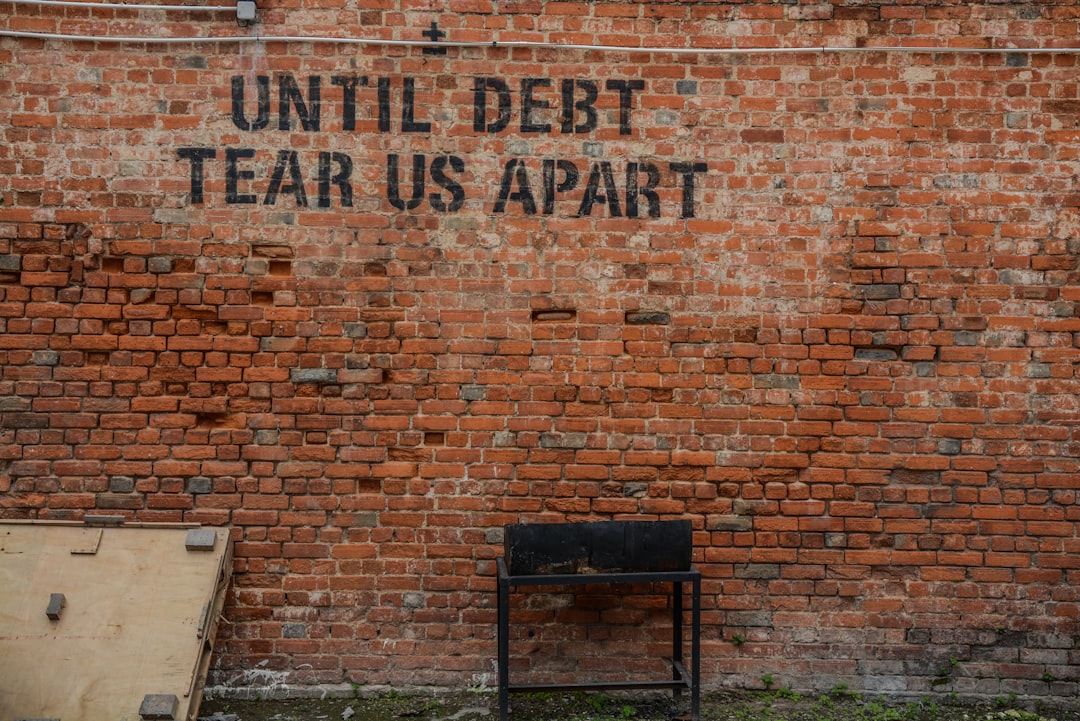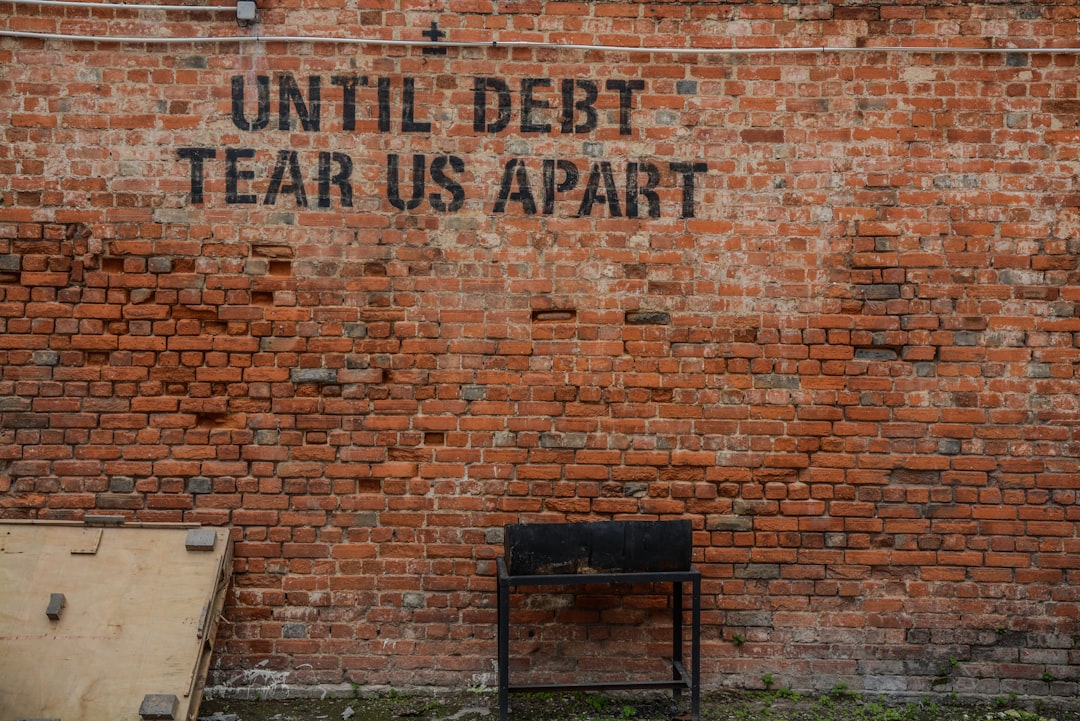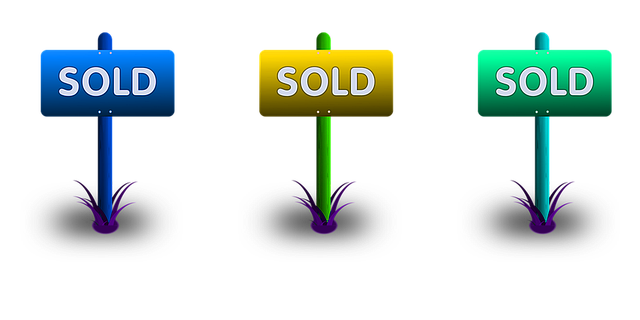Homeowners with bad credit struggling with multiple high-interest debts can find relief through Low Interest Debt Consolidation Loans. These loans simplify repayment by combining multiple debts into a single, lower-interest loan, reducing monthly payments and interest costs. Eligibility requires meeting income and debt criteria, with some lenders considering alternative credit scores. Choosing a reputable lender with flexible terms, transparent fees, and good customer service is crucial. By understanding repayment options and implementing strategic financial management, borrowers can regain control over their finances, improve their credit score, and achieve long-term financial stability.
Struggling with high-interest debt? As a homeowner with a low credit score, bad credit debt consolidation loans could offer a lifeline. This article guides you through understanding these specialized loans, their significant benefits, and how to access them despite your credit history. From eligibility criteria to lender selection and repayment strategies, we’ll show you the path to financial stability via low-interest debt consolidation. Learn how to rebuild your credit while consolidating debts effectively.
- Understanding Bad Credit Debt Consolidation Loans
- Benefits of Low-Interest Debt Consolidation for Homeowners
- Eligibility Criteria for Low Credit Score Borrowers
- How to Choose the Right Lender for Your Loan
- Repayment Options and Strategies for Debt Consolidation
- Building Credit While Consolidating Debts
Understanding Bad Credit Debt Consolidation Loans

Bad credit debt consolidation loans are designed to help homeowners with low credit scores manage their debts more effectively. These specialized loans allow borrowers to combine multiple high-interest debts into a single, lower-interest loan, streamlining repayment and potentially saving money in interest payments. The primary goal is to simplify financial obligations, making it easier for individuals to get back on track with their finances.
Low-interest debt consolidation loans are particularly attractive as they offer better terms compared to standard credit cards or unsecured personal loans. By consolidating debts, homeowners can reduce the overall interest rate, which significantly lowers the cost of repayment. This is especially beneficial for those burdened by multiple high-interest debts, providing a clear path to financial stability and peace of mind.
Benefits of Low-Interest Debt Consolidation for Homeowners

Debt consolidation loans offer homeowners with bad credit a chance to simplify their financial obligations and save money on interest. By consolidating multiple high-interest debts into a single low-interest loan, homeowners can reduce their monthly payments and pay off their debt faster. This not only provides relief from the burden of numerous repayment schedules but also helps in building credit history as timely repayments reflect positively on credit reports.
Low-interest debt consolidation loans are particularly beneficial for homeowners who have struggled with managing their debts due to unforeseen circumstances or poor financial planning. It allows them to consolidate their debts into a single, more manageable payment, making it easier to stay on track with repayment and potentially improve their credit score over time.
Eligibility Criteria for Low Credit Score Borrowers

Homeowners with low credit scores often face challenges when seeking financing options, but that doesn’t mean they are out of luck. Low interest debt consolidation loans specifically tailored for this demographic offer a promising solution. These loans are designed to help borrowers consolidate their debts and improve their financial situation, despite their less-than-perfect credit history.
Eligibility for such loans typically involves meeting certain criteria. Lenders will consider factors like the borrower’s current income, debt-to-income ratio, and the overall amount of debt they carry. While a low credit score is a factor, it doesn’t automatically disqualify an applicant. Lenders may also look at alternative credit scores or offer co-signing options to assess the borrower’s ability to repay the loan responsibly.
How to Choose the Right Lender for Your Loan

When exploring low interest debt consolidation loans, selecting the appropriate lender is a strategic step to ensure a smooth borrowing experience. Start by comparing lenders based on their specialty in offering debt consolidation products. Reputable lenders catering to homeowners often have tailored programs for those with less-than-perfect credit. Look for institutions that advertise flexible terms and transparent fee structures, indicating their commitment to working with borrowers in various financial situations.
Consider seeking referrals from friends or family members who have successfully consolidated debts. Online reviews can also provide valuable insights into a lender’s reliability and customer service. Additionally, check the lender’s qualifications, licensing, and any security measures they employ to protect your personal information during the application process.
Repayment Options and Strategies for Debt Consolidation

When considering a bad credit debt consolidation loan, understanding your repayment options is crucial. Many lenders offer flexible terms, allowing borrowers to choose a repayment period that aligns with their financial comfort. This could range from 5 to 20 years, providing a sense of control over monthly payments. Opting for a low-interest debt consolidation loan can significantly reduce the overall cost of repayment, making it an attractive solution for homeowners looking to simplify their debt management.
Strategies for successful debt consolidation involve creating a budget that accounts for the consolidated loan payments alongside other essential expenses. Prioritizing high-interest debts first and setting up automatic payments can help maintain discipline and avoid late fees. Additionally, consolidating debts can improve one’s credit score over time by simplifying financial obligations and potentially lowering interest rates, thus creating a positive feedback loop for future borrowing needs.
Building Credit While Consolidating Debts

When considering a debt consolidation loan, homeowners with bad credit often worry about further damaging their financial standing. However, low-interest debt consolidation loans can serve as a strategic tool for rebuilding credit while managing debts more effectively. By consolidating multiple high-interest debts into one fixed-rate loan, borrowers can reduce monthly payments and free up cash flow, allowing them to focus on paying down the principal balance.
This approach offers several benefits beyond immediate financial relief. Firstly, it simplifies repayment by combining various creditors into one manageable payment, reducing the risk of missing due dates. Secondly, as borrowers consistently make timely payments on their low-interest consolidation loan, they gradually build positive credit history. This improved credit score can open doors to better borrowing opportunities in the future, including access to more affordable financing options for home improvement projects or other significant purchases.
For homeowners struggling with high-interest debt, low credit score debt consolidation loans offer a glimmer of hope. By understanding the benefits of low-interest consolidation and choosing the right lender, borrowers can navigate their financial challenges effectively. This strategy not only simplifies repayment but also paves the way to rebuilding credit. With careful planning and the right approach, consolidating debts can be a game-changer for those aiming to regain financial control.
